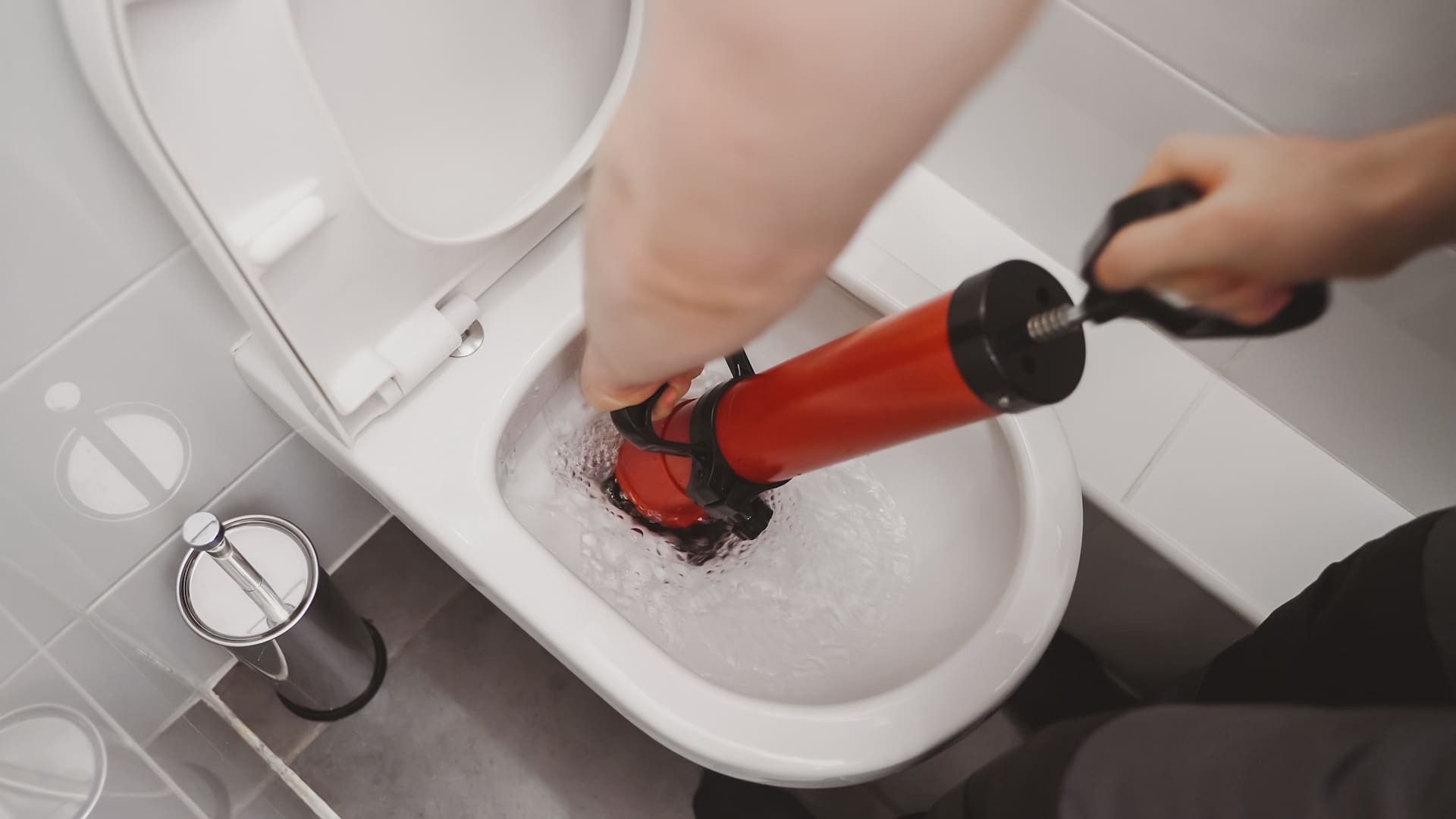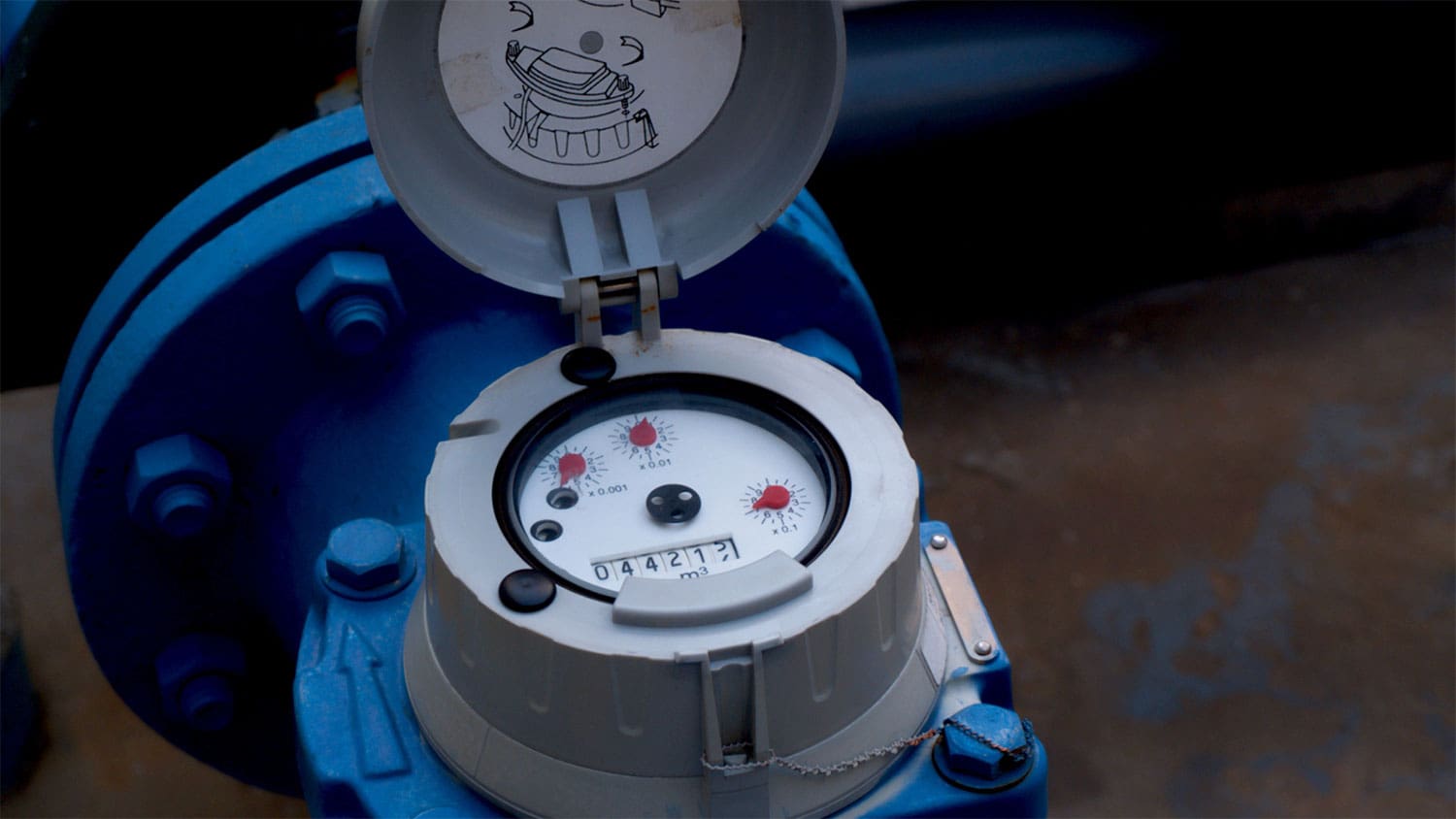
When it comes to waste management, some countries are absolutely smashing it! And while some of us are still trying to figure out which bin the pizza box goes in, some nations run waste management like a well-oiled machine. Let’s take a closer look at the global frontrunners and what we can learn from them.
Germany: the recycling champ
Germany doesn’t mess around. With over 65% of its waste recycled, it’s the undisputed leader. Germany has a no-nonsense government policy when it comes to recycling, and tough laws make separating waste non-negotiable. The country has made great progress in getting their people on board, for example, running a bottle deposit scheme that actually makes people want to recycle their waste.

Sweden: turning trash into treasure
Sweden is so good at managing waste that they actually import it from other countries. Yes, you read that right. Thanks to their waste-to-energy (WtE) plants, they burn non-recyclables to generate electricity and heating. Less than 1% of Swedish waste ends up in landfills. Pretty impressive.
South Korea: a food waste wizard
South Korea has food waste management down to a science. They’ve made it mandatory to separate food waste, and turning it into compost biogas – a renewable fuel. Plus, they’ve got a pay-as-you-throw system where you get charged based on how much waste you produce. Initiatives like this ensure that more than 90% of South Korea’s food waste stays out of landfill.
The Netherlands: circular economy heroes
The Netherlands are pioneers in waste management. They’ve embraced the circular economy, ensuring waste is repurposed into something useful. And the use of landfills? Only as a very last resort. Instead, businesses and governments team up to turn waste into raw materials for new products, as well as using incineration to generate energy.
Japan: masters of sorting
If precision was a country, it would be Japan. Its waste-sorting rules are extremely detailed and sophisticated, partially driven by its mountainous landscape limiting space for landfills. But, this meticulousness pays off. With robotic sorting systems and public education campaigns, they ensure every bit of waste is accounted for. It’s proof that a little effort goes a long way.
What can the UK learn?
While the UK has made progress in waste management, there’s still significant potential for improvement, and taking tips from global leaders could accelerate change. Sweden’s investment in WtE plants demonstrates how non-recyclable waste can be transformed into valuable energy. And South Korea’s robust food waste recycling model shows the scale of potential for leftovers to be used for biogas and compost.
With targeted policies and infrastructure upgrades, UK businesses can lead the charge, making waste management both eco-friendly and cost-effective.

Contact Everflow today!
At Everflow, our goal is to make your utilities simpler. We ensure you get great-value contracts that are tailored to your needs and easy to manage.


